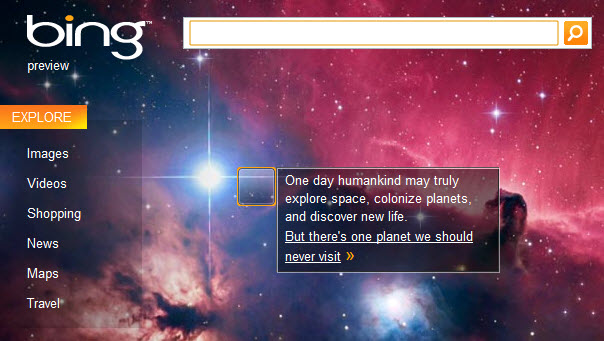
Finally, your web site is complete. It looks great, the content is appealing, but web traffic is not where you want it to be. There may be a problem that you have not considered: search engine optimization a.k.a. SEO.
What is SEO?Search engine optimization is the process of driving traffic to a website by weighting algorithmic search results in a site's favor. Typically, the earlier a site appears in the search results list, the more visitors it will receive from the search engine. SEO may target different kinds of search, including image search, local search, and industry-specific vertical search engines. This gives a web site web presence.
As an Internet marketing strategy, SEO considers how search engines work and what people search for. Optimizing a website primarily involves editing its content and HTML coding to both increase its relevance to specific keywords and to remove barriers to the indexing activities of search engines.
Hire an SEO expertIf you haven’t completely exhausted your online budget on the web build or online media and can carve a bit more room in the budget for assistance with SEO, by all means do so. It is not nor is it ever too late to hire an agency, consultant or in-house expert to assist you with getting your website up to par and ready for indexing with the search engines. In fact, there are certain barriers that your newly designed website may have that can be overcome swiftly with a bit of hired help. In the long run, this can be worth the additional investment for your website.
Consider the following when deciding whether or not to hire yet another vendor or outside consultant to assist you with the next phase of your website’s development as recommended from
SEOChat.com:
-If your website is very large and complex and contains deep content and variables in the URLs, then an SEO or programmer who is knowledgeable in URL rewriting can help you overcome this barrier quickly and effectively.
-If your primary navigation and/or site structure is in Flash, hidden behind frames or composed mainly of images, a seasoned SEO can work with you and your programmer to optimize the site as much as possible and assist you with major overhauls, if necessary.
-If you do not have much actual content on the site (e.g., product numbers but not descriptions), then an SEO copywriter can work with you to create relevant keyword-rich content that ensures people will find your site for your targeted keywords.
-If you are overwhelmed by the laundry list of SEO tasks that must now be implemented, you may want to hire an SEO for a few hours of consulting to help guide you. Remember, you do not need to be the expert here. You are already an expert in your chosen industry. A professional SEO can provide you with a game plan based on their own expertise in the field, which will save you time and money in the long run.
Just because you did not plan for SEO in the first phase of your website’s development does not mean it cannot be effectively implemented after your site has been made live. Always keep in mind that SEO is an ongoing process and can be incorporated into your annual online marketing budget along with things like regular website updates, newsletter mailings to site subscribers and online and offline media planning.
It can be overwhelming to discover that your work is not done once your website is live, but learning about SEO at the end of the project curve, rather than the beginning, is not as much of a setback as it seems. Most website owners already have the tools in place for good SEO and with some relatively simple tweaks to code and copy for the short term, and a comprehensive SEO strategy for the long term, you’ll do just fine.
For more information on how I can help your website or blog with SEO, contact me at 816-267-0678 or by email at EllaBee PR @gmail.com.







